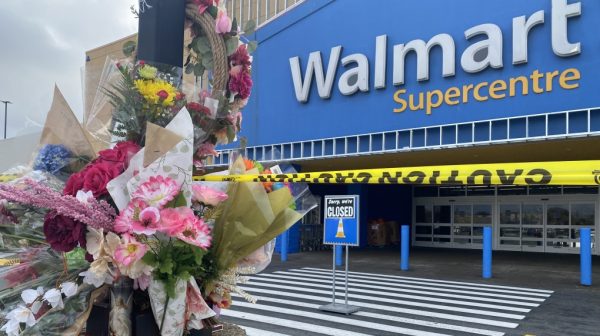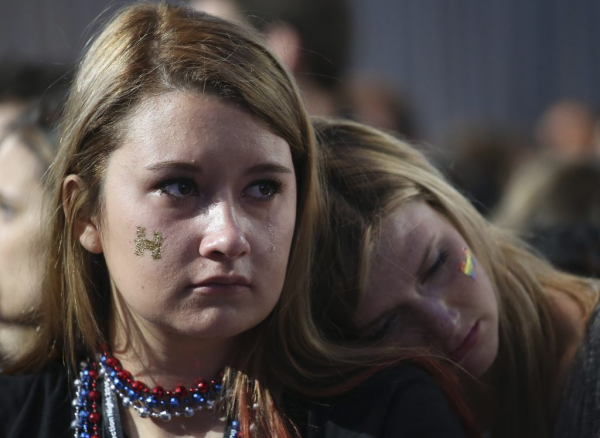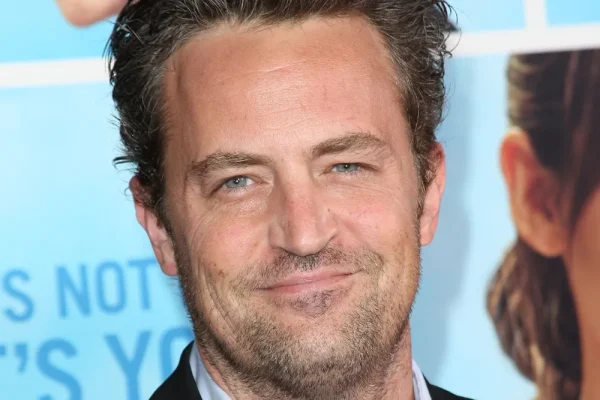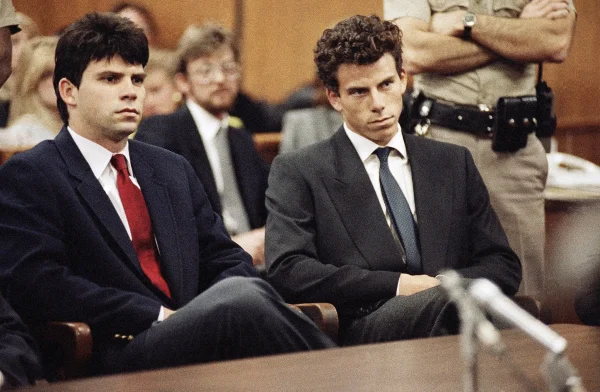SCOTUS hears a case about ICWA
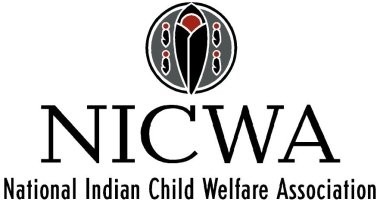
Photo Image: APIA
Last week, on November 9th, Haaland v. Brackeen was brought to the Supreme Court where the justices will judge the constitutionality of ICWA, which concerns the adoption rights of Native Americans across the United States.
ICWA, the Indian Child Welfare Act, was passed on November 8th, 1978, and it aims to protect and maintain the culture of North American Indigenous people. It ended the practices of attempting to whitewash Native Americans by forcibly placing them into non-native homes and white boarding schools.
A Texan couple, Chad and Jennifer Brackeen, challenged ICWA when they were unable to adopt a Native child, going through multiple smaller courts before the Supreme Court announced in February they’d review the case.
After the overturning of Roe v. Wade and announcements of desiring to review other cases concerning human rights, Natives are worried about the fate of ICWA and are attempting to make sure the act remains.
The Native American Rights Fund states that almost five-hundred tribal nations, several Native organizations, and more than twenty states have signed briefs in favor of maintaining ICWA.
“Those who seek to dismantle ICWA have shown that they do not care about what is best for Native kids,” the organization also states. “They say they want the best for Native children, but not a single tribal nation, not a single independent Native organization and not a single independent child welfare organization supports their cause.”
The American government attempted to assimilate Natives into American life as an alternative to living on reservations or continuing to fight the government and risking death. When Natives agreed to assimilation, they were forbidden to speak their languages, keep their names, and cultural practices. They’d be given European names, converted to Christianity, and forced to cut their hair that held cultural significance.
Indigenous children would be taken from their parents and placed in boarding schools backed by the government with the goal to assimilate them, or as Richard Henry Pratt, the founder of the Carlisle Indian School, the first of these government-run schools, put it, “Kill the Indian, save the man.” The schools were abusive and susceptible to disease and infections, resulting in the thousands of Native deaths from abuse, neglect, disease, malnourishment, and suicide. The children who survived and returned home were heavily disconnected from their families and cultures.
“We will never accept a return to a time when our children were forcibly removed from our communities,” says a joint statement by the Cherokee Nation, Morongo Band of Mission Indians, Oneida Nation, and Quinault Indian Nation.
Natives now await what will be decided of ICWA.



